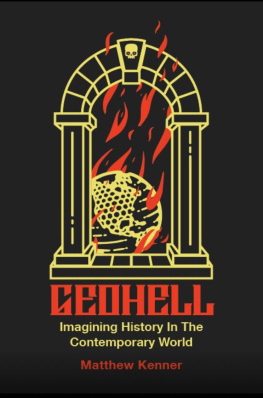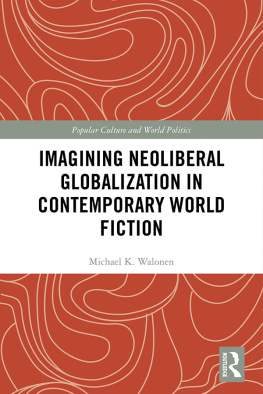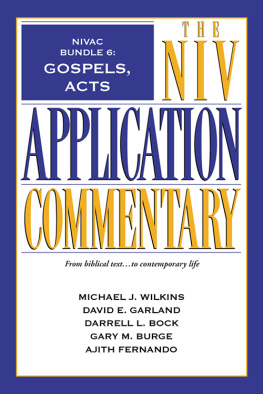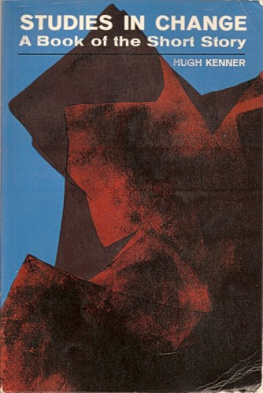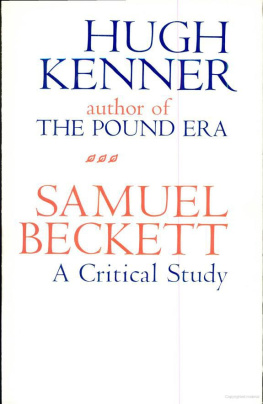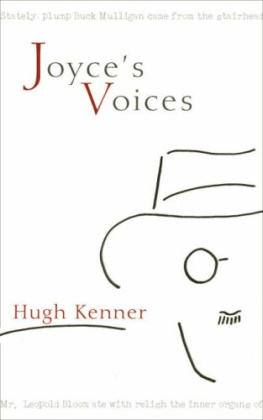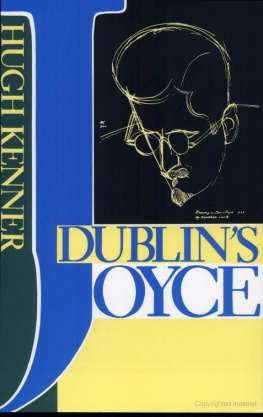Matthew Kenner - Geohell: Imagining History in the Contemporary World
Here you can read online Matthew Kenner - Geohell: Imagining History in the Contemporary World full text of the book (entire story) in english for free. Download pdf and epub, get meaning, cover and reviews about this ebook. year: 2016, publisher: Gatsby Inc, genre: Science / Politics. Description of the work, (preface) as well as reviews are available. Best literature library LitArk.com created for fans of good reading and offers a wide selection of genres:
Romance novel
Science fiction
Adventure
Detective
Science
History
Home and family
Prose
Art
Politics
Computer
Non-fiction
Religion
Business
Children
Humor
Choose a favorite category and find really read worthwhile books. Enjoy immersion in the world of imagination, feel the emotions of the characters or learn something new for yourself, make an fascinating discovery.
- Book:Geohell: Imagining History in the Contemporary World
- Author:
- Publisher:Gatsby Inc
- Genre:
- Year:2016
- Rating:5 / 5
- Favourites:Add to favourites
- Your mark:
- 100
- 1
- 2
- 3
- 4
- 5
Geohell: Imagining History in the Contemporary World: summary, description and annotation
We offer to read an annotation, description, summary or preface (depends on what the author of the book "Geohell: Imagining History in the Contemporary World" wrote himself). If you haven't found the necessary information about the book — write in the comments, we will try to find it.
Geohell: Imagining History in the Contemporary World — read online for free the complete book (whole text) full work
Below is the text of the book, divided by pages. System saving the place of the last page read, allows you to conveniently read the book "Geohell: Imagining History in the Contemporary World" online for free, without having to search again every time where you left off. Put a bookmark, and you can go to the page where you finished reading at any time.
Font size:
Interval:
Bookmark:
by Matthew Kenner
What follows resulted from a simulation of what it might look like if someone attempted to explain this world from a historical perspective. In reality, you cant explain this world from a historical perspective. History requires the truth, and everything in this world is a lie. In that sense the exercise called for and relied upon a science of imaginary solutions: a science that can only exist in a version of this world where the one difference is the truth can be sufficiently known. If it were real, I would call the science pathology. But it doesnt need a name. It is not really a science; this was just a simulation.
At length the life of fools is made into a hell on Earth. Lucretius, Roman poet, 99-55 B.C.E.
Table of Contents
Introduction to the Introduction: Some Initial Thoughts
On Conceptualizing History (Historical metaphysics)
Metaphysics of the Peak Globalization Culture
(Cultural metaphysics)
Part 2: How the Path Was Selected:
Theorizing Sociohistorical Process
Geonomics: An Historical Introduction to
Intercivilizational Structures (Economic theory)
Complexity and Speed: Cultural Evolution Since
the Origins of Agricultural and Settlements
(Theory of the social structures of cultures)
Perfecting Conquest: The Emergence and
Establishment of Modern Western Power -structures
(Political theory)
Part 3: Pathology; or, the Cataclysmic
Path
BOOK ONE The Devil Is in the Details: A Brief
History of the Introduction of Globalization
I In Medias Res: The Cold Wars Explicit Emergence
II Going Back to the Beginning: Industrialization,
Financial Politics, and the Necessity of Empires
III A World in Peaces: The Peace as the Ultimate
Embodiment of Contemporary Grand Strategy
BOOK TWO Flawed or Fraud? A Philosophy of
Contemporary History, Narrated Historically
I Psywar-Trade Competition: the Mind of the Group
II The Self-Regenerating Geostrategic Money
Machine
III Unmasking the Fraud
Humans experience life through many combined mental/physical worlds. They perceive their worlds via phenomena items of meaning. The world is the combined continuous appearance all at once of every thing within Earths domain: specifically, this defines the whole world, or everything. Items of the physical world, those that appear primarily in visual space, which is to say, outside of the human mind, are always manifested as structures and parts of structures, however simple they may superficially seem. In other words, every thing, by which I mean every structure, is naturally complex. Most significantly, this leads to a situation where no thing in this case, no phenomenon on Earth can be truly understood without having been explained. But if it can be successfully explained, by definition it will be understood.
For humans, everything (the whole world) must be explained and hence understood primarily in terms of its relation to the planet Earth: Earth is the supreme area of relevance its the all-encompassing setting for the whole living system thats ultimately humanitys sole experienced context. Earth is the theater where events are staged. The universe is the all-encompassing setting for Earth; the latter mediates the former to human beings.
Although Earth and the universe are one, enormous differences arise in the human imagination between how each context, in-and-of-itself, can be perceived. For one thing, the universe is perpetually expanding, as well as infinitely diverse in far too many ways that humans arent used to; so we cant properly imagine it as a whole. In turn, constructed histories of its happenings arent possible. But human beings live on/in Earth, so they can realistically imagine specific circumstances happening within the planet from perspectives like those of first-hand observers without their having lived those particular circumstances personally. This is because they can understand what has been most significant to the working of Earth as a whole , from a certain perspective the perspective of humanity and in turn constructed histories of the planets happenings are possible.
Every latest moment of an individuals life is the most recent moment in human history this only changes in relation to an individuals life after he or she is dead so human history is always in one sense final, namely in terms of all such history until any given present moment. Generally, the until this moment expanse is known as the past. Therefore, on Earth, for humans, theres always a present, and hence always some imaginable past; in turn, on Earth, theres always history that humans can potentially find. The universe, by comparison, appears as a perpetual future, since (as was said) its nature is to constantly expand. So far as we know, the universe sets its own rules, meaning the rules for everything within its scope. Earths rules are ultimately set by a higher power, if only in the sense that its a physically finite locale within a physically infinite universe. Not only is there always some ongoing history on planet Earth, then, but also, besides that, there is in the largest sense always a single planetary history (whatever it might entail). In turn, for any phenomenon on Earth, theres always a single history of that phenomenon. Always, a phenomenon is whats historically unique.
A human world, that uniquely total, distinctly cultural sphere, is most comparable to a (the) universe, in that, on one level, it sets its own rules and boundaries. But in a much larger, more determinative sense, we know any human world can only work within the constraints set by the Earth as a whole. Thus, the types of conclusions were able to reach about humanity make it far easier for human beings to understand the human world than the universe at large, because we can know precisely (experientially) what bounds the human world. To elaborate, humans, aside from having the same common, broadest physical constraints as everything else on Earth, and aside from having their own physical constraints, just like everything else does on Earth, are most unique insofar as they have human psychological constraints. Every animal has its own species psychology too, but what I mean here is something different: what Im referring to is the human mind , unlike anything else known to human beings in the universe and so all the more unique in relation to Earth. Above all, the human minds uniqueness lies in its theoretically limitless potential for attaining knowledge, fostered by the immeasurably vast and ever-increasing stockpile of recorded symbolic communication. Since the human is by definition the only being with first-hand access to observation of the human psyche and relatedly the only one able to employ human intellectual tools, no thing is theoretically in a better position to be explained at the present point in time than the holistic human world.
However, weve only reached this point where human beings have the potential to understand sufficiently the concept of a holistic human world owing to the history of the human universe itself. Human beings today have the potential to know virtually infinitely greater quantities of information than humans from all past eras combined: yet we only have this potential because of everything already accomplished throughout thousands and thousands and thousands of years of cultural evolution, largely achieved via the lives of human beings were indoctrinated to look at as backward. As it has happened, the more culturally complex are the worlds humans create, the more conscious in general, and conscious of itself, in particular, humanity can potentially become. Generally, though, because of the kind of complexity humanity has developed in its culturally most complex environments, namely cultural complexity built on expansive war systems, the practical effect has been essentially the opposite. Certainly this appears to be the case in the most strikingly complex cultural context, the contemporary world the more culturally complex is the world humans inhabit, the more intrinsically confused are the inhabitants, and confused about themselves, both culturally and individually, most of all.
Font size:
Interval:
Bookmark:
Similar books «Geohell: Imagining History in the Contemporary World»
Look at similar books to Geohell: Imagining History in the Contemporary World. We have selected literature similar in name and meaning in the hope of providing readers with more options to find new, interesting, not yet read works.
Discussion, reviews of the book Geohell: Imagining History in the Contemporary World and just readers' own opinions. Leave your comments, write what you think about the work, its meaning or the main characters. Specify what exactly you liked and what you didn't like, and why you think so.

